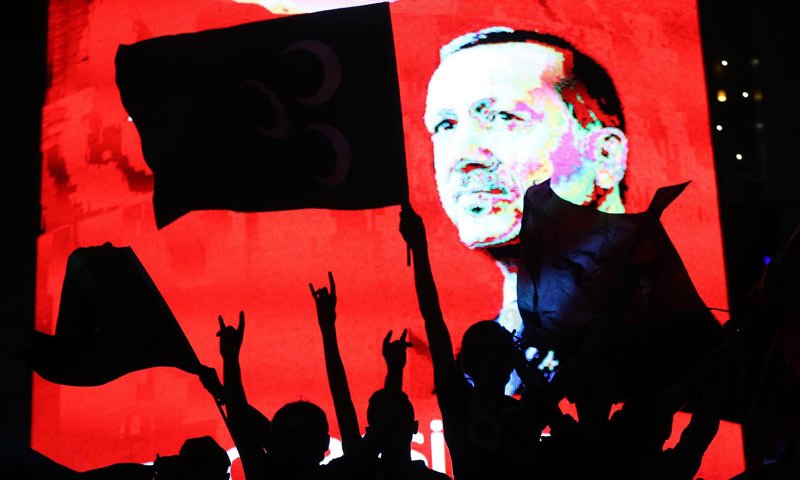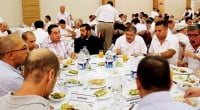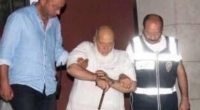The Guardian view on the week in Turkey: coup – and counter-coup?

Date posted: July 22, 2016
Editorial
A week ago, hundreds of thousands of Turkish citizens took to the streets to oppose an attempted military coup. Now, with the European convention on human rights suspended and a six-month state of emergency that allows President Recep Tayyip Erdoğan to rule without parliament – although thousands still turn out nightly in his support – some are beginning to wonder if the cure has turned out to be little better than the original threat. In a country so diverse, polarised and so confronted with immense internal and external challenges, autocratic over-reach and miscalculations may ultimately cost Mr Erdoğan dearly. The crackdown bodes ill not just for the hopes of preserving such principles of liberal democracy that remain after years of erosion, but also for the nation’s stability, its economy, and – in this nation that is the pivot for some of the world’s most intractable problems – it threatens its foreign alliances.
Mr Erdoğan’s supporters point to the state of emergency in France to claim that it need not undermine democracy. But what is happening in Turkey far exceeds anything proposed by President François Hollande. In the name of ridding institutions of the “virus” of conspiracy, many thousands of government officials have been arrested, suspended or sacked, including two of the 11-member constitutional court, other judges, provincial governors, university staff and teachers. Journalists feel threatened. Roughly a third of the command structure of the Turkish army has been purged, including the commander leading the fight against the Kurdish PKK insurgency in the south-east. Publication by WikiLeaks of the ruling AKP party’s emails has led to more online restrictions. There is likely to be more repression ahead. It is hard to know how far it all reflects Mr Erdoğan’s paranoia and a determination to be a strong man, or whether the coup attempt really did involve swaths of civil society as well as military personnel.
The president is clearly convinced that only a radical show of strength can consolidate his shaken power structure which, he claims, has been infiltrated by the Hizmet movement of Fethullah Gülen, a US-based exiled cleric who Turkey now wants to extradite. Already, the economic costs of domestic turmoil are visible. The Turkish lira has dropped, the Istanbul stock index is down and the debt situation has deteriorated.
And now Turkey is in uncharted territory in its relationship with key allies. The use of the US base in Incirlik for anti-Islamic State operations was interrupted. The domestic crackdown has been widely criticised in Europe’s capitals and relations with the EU, which were meant to be enhanced to address the refugee crisis, are, with the suspension of the human rights convention, likely to be put on hold. It is too early to say whether Mr Erdoğan is using the coup attempt to further his long-held plans of a constitutional overhaul that would further enhance his power. But all the signs are that he is set to crush anything that might be interpreted as disloyalty, and the coup attempt has handed him all the justification he needed.
How effective these policies of repression will prove in safeguarding his grip on power is open to question. But similar repression in the early 1980s, including thousands of detentions and dozens of executions, had the reverse effect in the long run as Mr Erdoğan, who began his political career in one of the Islamist movements that formed in opposition, will know. In a country where civil society has shown its resilience time and again, the president would do well to heed the lessons of the past. What Turkish citizens urgently need, and the rest of the world will be anxiously hoping to see, is not vengeance, but the restoration of the rule of law.
Source: The Guardian , July 21, 2016
Tags: Defamation of Hizmet | Fethullah Gulen | Military coups in Turkey | Turkey |























